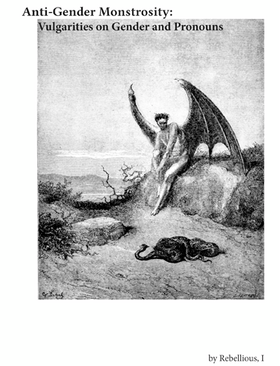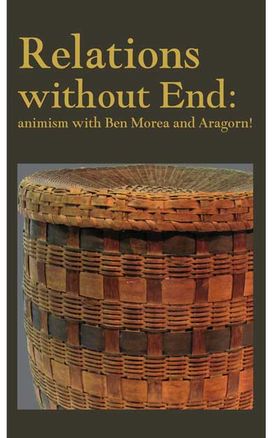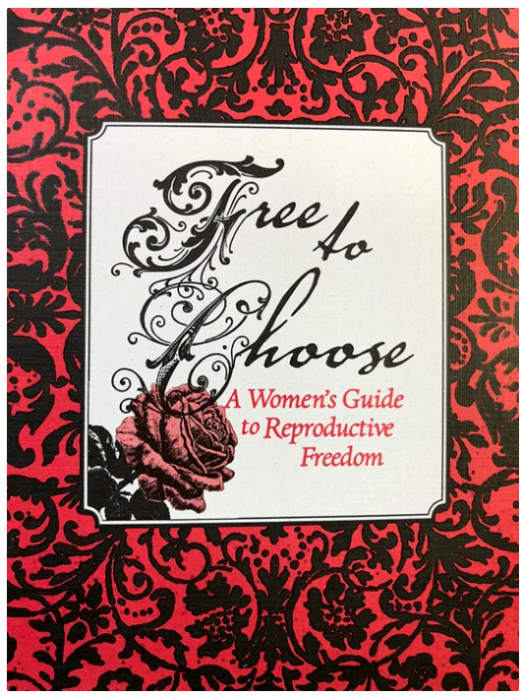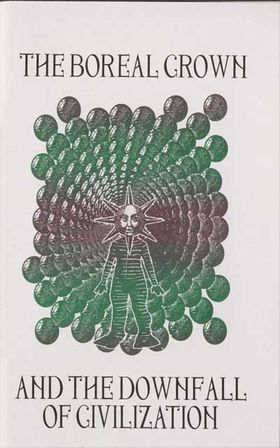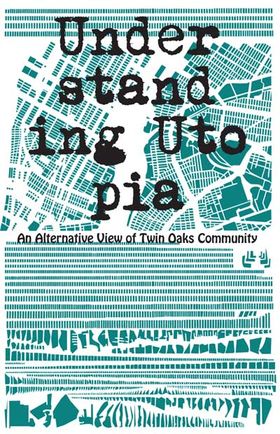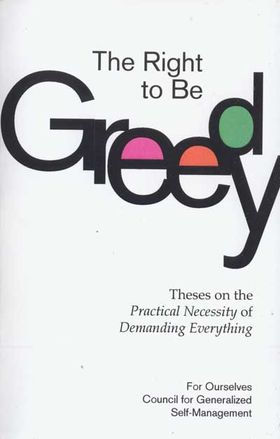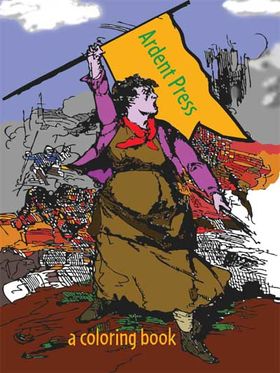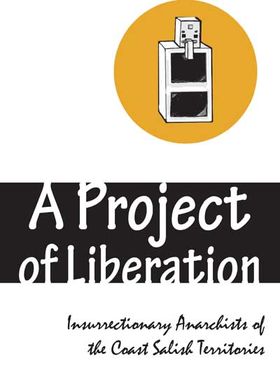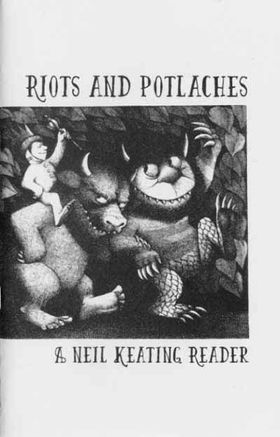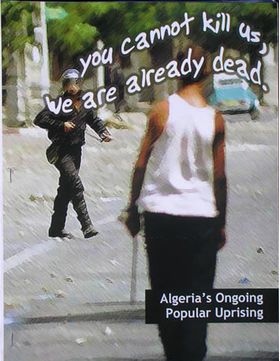The Story of William Cuffay, Black Chartist
£1.20
Black tailor William Cuffay was on of the leaders and martyrs of the Chartist movement, the first mass political movement of the British working class. Cuffay suffered for his political beliefs and activities: in 1848 he was convicted of treason for his involvement in plans for an insurrection in London – he was transported to Tasmania for life.
In stock
Description
lliam Cuffay was born in Chatham, Kent, in 1788. William’s father was a naval cook and former slave. When William was old enough he found work as an apprentice tailor.
At first Cuffay held conservative views and as late as 1833 he was arguing against the formation of trade unions. Cuffay was the last member of his lodge to join the new tailors’ union. However, when the tailors’ union came out on strike in April 1834, Cuffay joined them and as a result lost his job. Angry about the way he had been treated and now convinced that workers needed to be represented in parliament, Cuffay became involved in the struggle for universal suffrage.
In 1839 Cuffay joined the Metropolitan Tailors’ Charter Association. He became an important figure in the Chartist movement in London and in 1842 was elected to the five man national executive of the National Charter Association. Later that year he was chosen to become president of the London Chartists. Cuffay argued strongly for the Chartists to remain independent from the Anti-Corn Law League and was portrayed by newspapers as one of the leaders of the militants. The Times described the militants in London as “the black man and his party”.
After 1845 Cuffay became associated with Fergus O’Connor. He supported O’Connor’s Land Plan and in 1846 he was made auditor to the Land Company, a position he held for the next two years. He was now seen as the leading figure in the Physical ForceChartists in London. He was one of the three London delegates at the National Convention and was considered to be one of the most militant members. At the 1848 Kennington Common meeting he was urged by some Chartists to lead an armed uprising in London.
In the summer of 1848 a government spy called Powell provided information on a group of London Chartists. Based on the evidence acquired by Powell, Cuffay was arrested and convicted and sentenced to be transported to Tasmania for 21 years. His wife worked for Richard Cobden until she raised enough money to join her husband in 1853. Three years later all political prisoners in Tasmania were pardoned. Cuffay decided not to return to England and instead became a tailor in Tasmania. He became involved in radical politics and trade union issues and played an important role in persuading the authorities to amend the Master and Servant Law in the colony.
William Cuffay died in poverty in Tasmania’s workhouse in July 1870.
Additional information
| Weight | 0.900000 kg |
|---|


